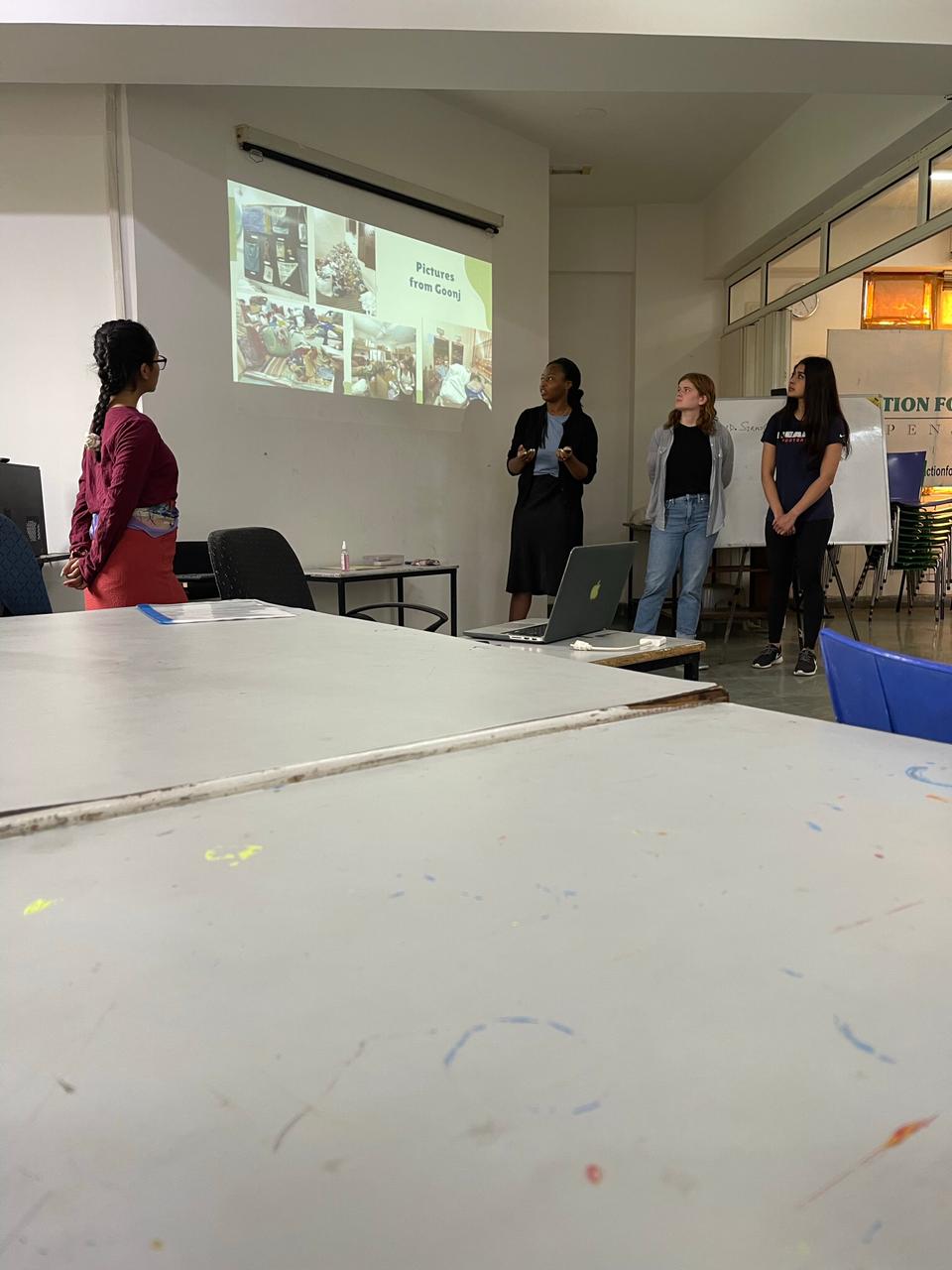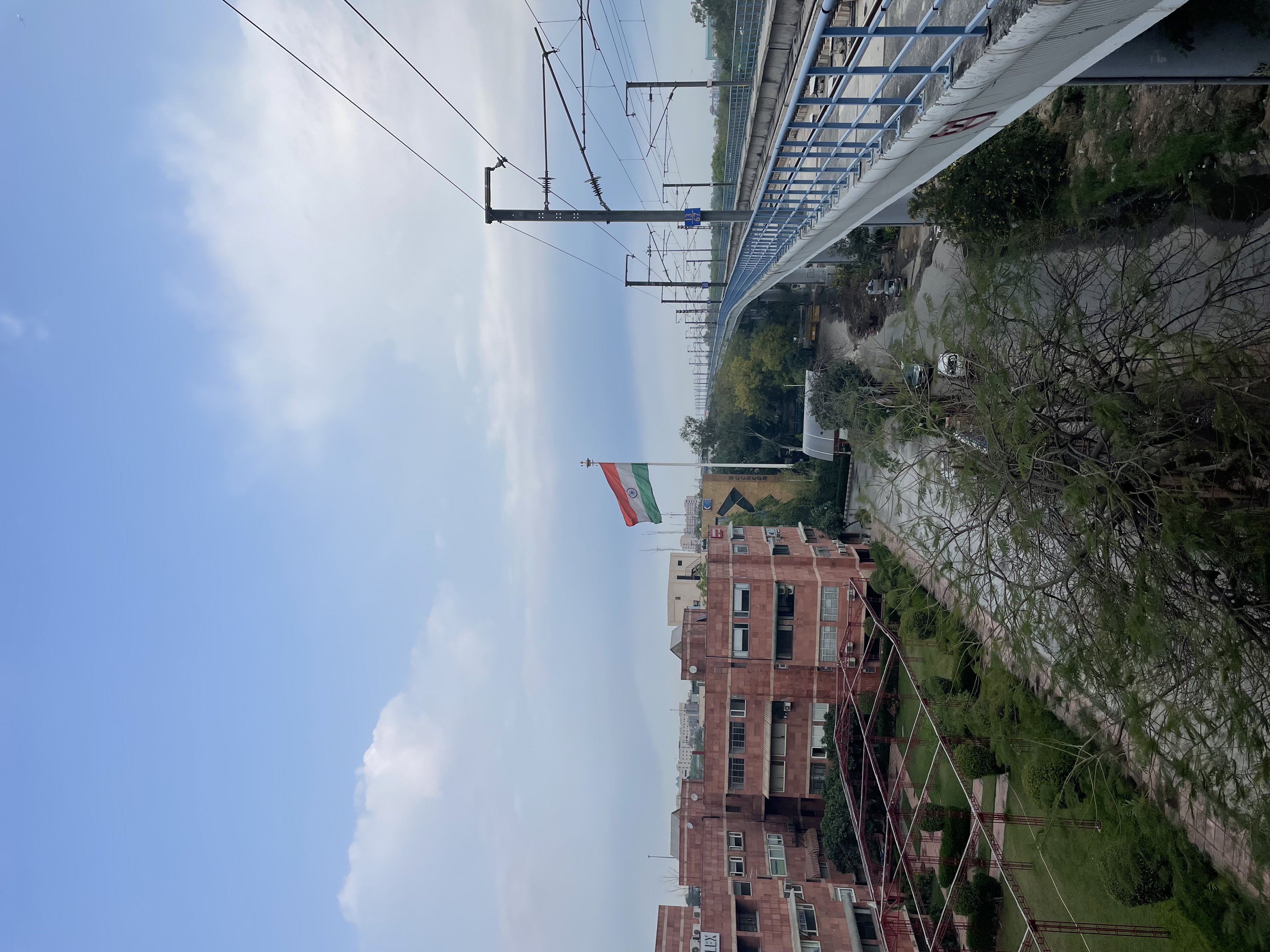
“See you later”s and Misguided Judgements
My Intersectiature of life and societies around the world. Just because we leave India and think about the country less as a consequence does not mean that the issues we have seen will dissipate into thin air. What brings me peace is knowing that people like the activists and professionals we have met will continue working to proactively and sustainably address the issues they are passionate about. A way in which I can contribute to the improvement of the world is to internalize the reflexive process that enables me to pass forward the gifts of knowledge and humanity I have collected throughout my stay here. Reflexivity offers valuable opportunities for personal development and can entail emotionally challenging and sometimes discouraging moments. During our India country synthesis, we were told to think about one of the toughest challenges we had faced during the past five weeks for a while before writing about it in our journals. I felt waves of hopelessness and frustration wash over me as I recalled seeing young children on the streets performing backbends and other gymnastic stunts while we were stopped at red lights before they asked us for money. There was another child who had a string attached to their hat that they swung around while simultaneously singing and asking us for money. Although every scene of houselessness and begging saddens me, the high number of children on the street chills me to the bone. How can people get entirely accustomed to completely ignoring the beggars and, even more so, the children who are in need of basics? I understand the logic behind avoiding interactions with beggars to look after one’s own financial well-being and safety, but I cannot avoid seeing myself and other people who do not even look at the beggars in the eyes as complicit agents in the dehumanization of vulnerable people. At the end of my reflection, after my professor told us to write about how we aimed to solve the challenge and how our peers played a role in the solution, I settled on having mixed feelings toward my involvement in the houselessness situation in India. I am privileged that I was able to talk about my negative feelings with my peers from an empathetic and not personal point of view since I have never experienced houselessness. Rather than judging native Indians for their ingrained erasure of beggars, I acknowledge that I do the same sometimes, just in a different context back in New Jersey. People from the places I am visiting have been socially influenced and have decided by their own volition to navigate their communities using techniques designed to protect their interests. It is wholly unproductive to blame locals for negotiating societal issues within their everyday routines how they choose to. By the time I am finishing writing this blog post, my flight is starting its descent to Cape Town, South Africa. There are vulnerable experiences ahead as there are moments to understand locals and the socio-historical contexts they are embedded within. Excited would be an understatement to describe how I am feeling about experiential learning throughout the next five weeks in a completely new setting surrounded by beaches and sunshine! I will be back with another post after one week in South Africa!

